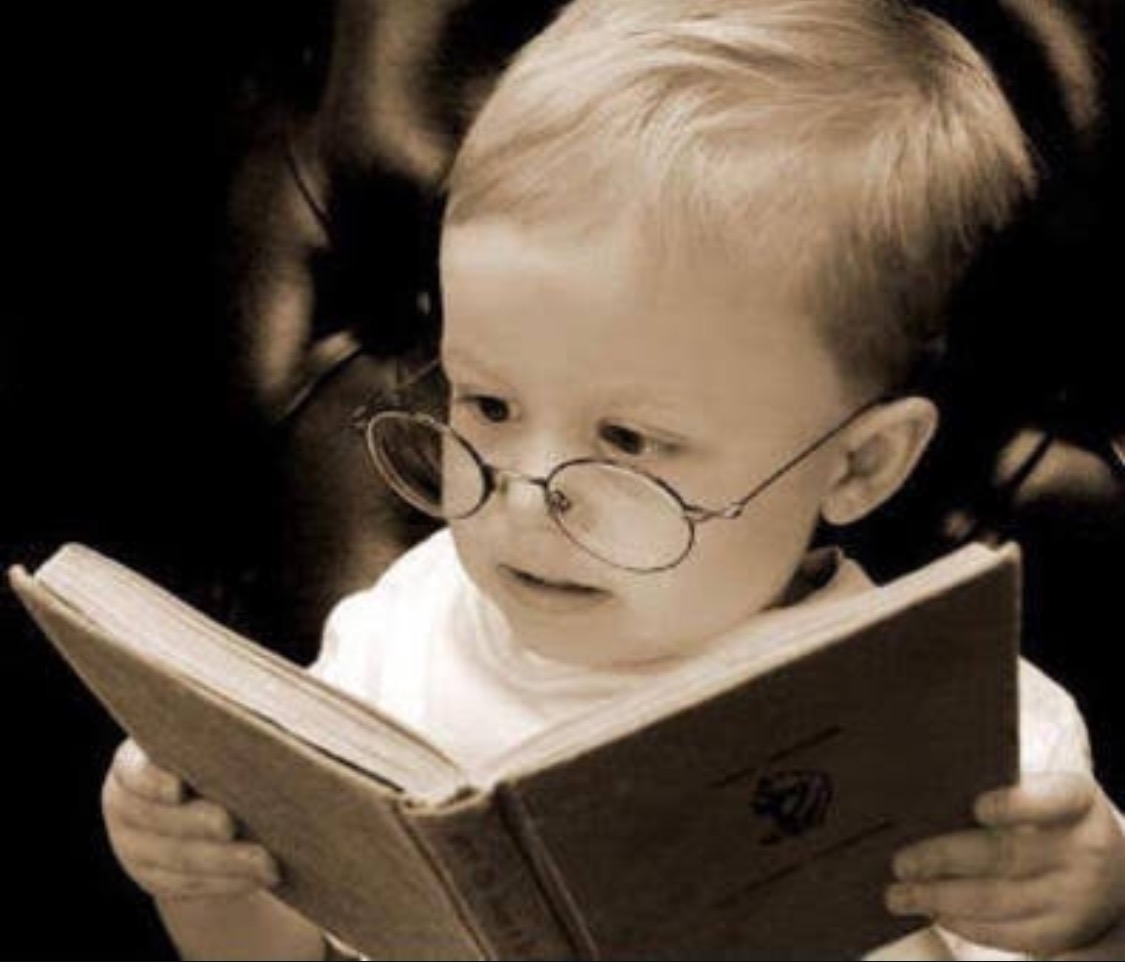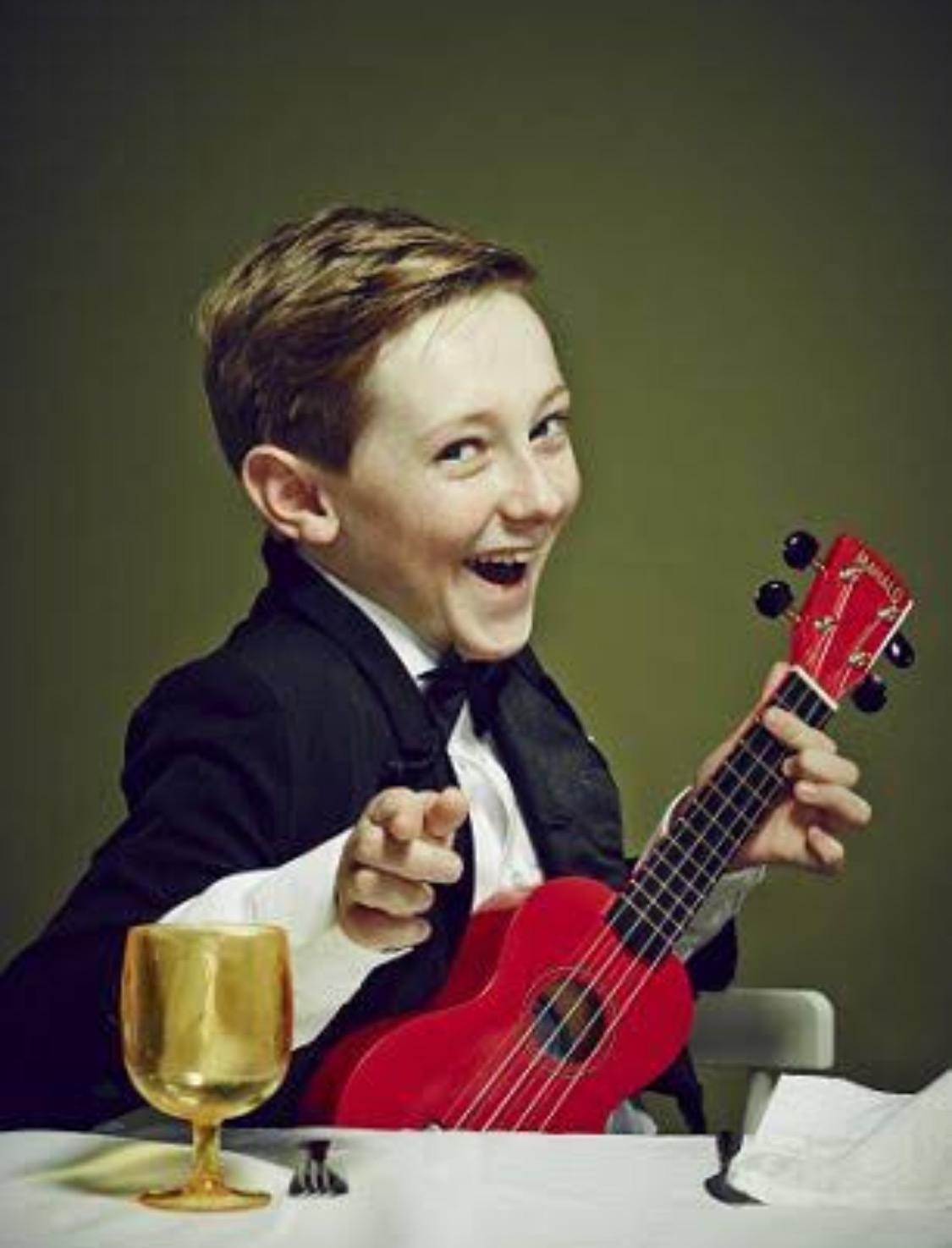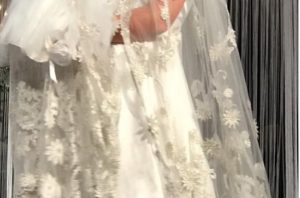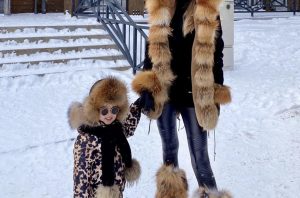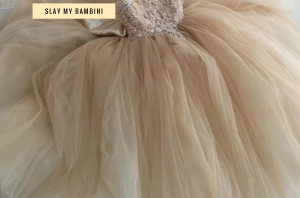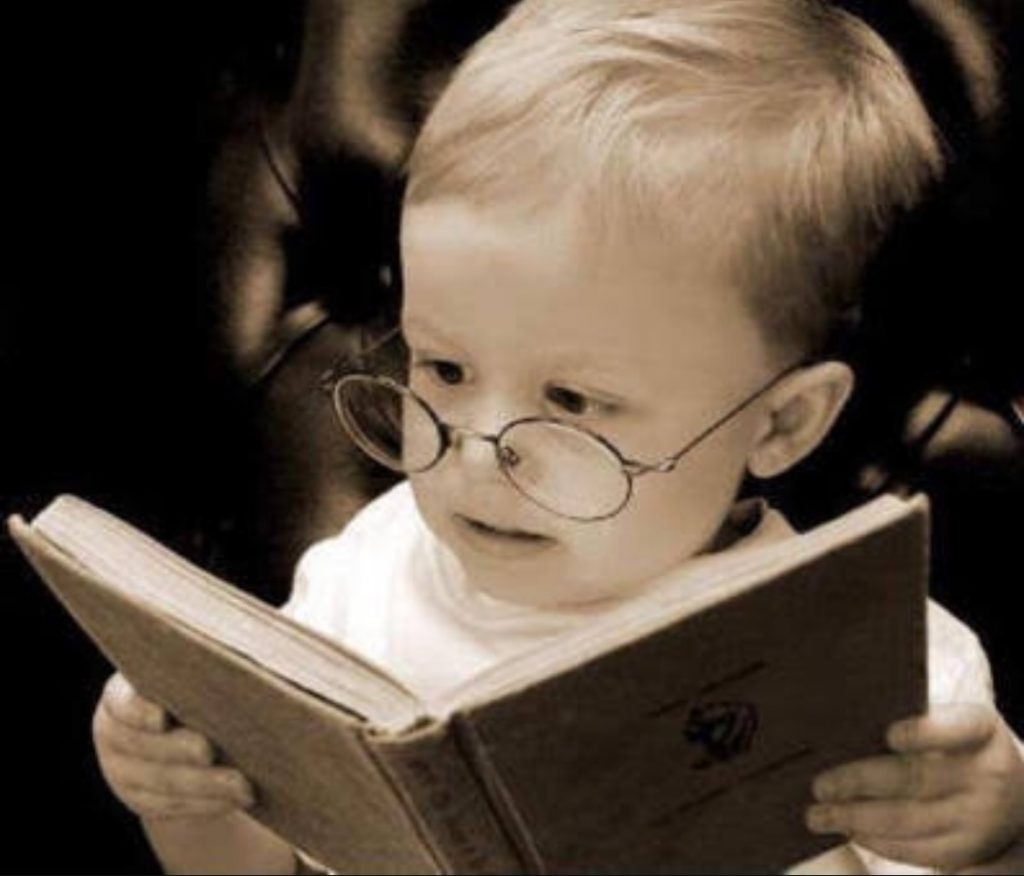
Getting into everything,” “stubborn” and, sometimes, “a pain in the neck” are just a few of the ways precocious children are described. Many personality traits associated with precocious children stem from their advanced language and reasoning abilities. Unfortunately, this makes it that much harder to trick your toddler into believing that his fish “went swimming” down the toilet or that the hair dryer only works when it’s held by an adult. Understanding these personality traits can make it easier to handle those “memorable” situations.
Empathy
When she was 2 years old, your precocious little one sobbed seeing a bird eating a live worm, and by 5 she’s contemplating a vegan lifestyle. Precocious kids often have a highly developed sense of morality and emotional understanding, notes Linda Silverman, Ph.D., in “Early Signs of Giftedness.” Such children are often described as sensitive and caring by their classmates and peers, even during situations that would leave her peers unfazed.
Persistance
Precocious children are often dogged in their pursuit of solving a challenge, like that cell phone back you thought was so securely in place. Their ability to think of alternative solutions combined with the desire to learn means precocious children may spend long periods trying to solve a challenging puzzle or building a difficult block tower. This trait may be misinterpreted as being stubborn, given that a precocious child may become so relentless in his pursuits that he resents interruption for other necessary activities.
Creativity
The creativity of a precocious child doesn’t necessarily end with the recent “mural” she drew on the dining room wall. A precocious child often finds several different ways to reach the same end-point, whether it’s solving a shape puzzle or figuring out how to lasso the cookie tin with a dress sash. Her work habits may appear unconventional or non-conforming, which can make her seem uncooperative or uncontrollable since she’s always figuring out new ways to accomplish a task or access prohibited items.
Curiousity
Curiosity can equate to asking “why” every five minutes or wanting to talk about connections he’s making. For example, a precocious toddler listening to a story about a magic scarf might ask lots of questions about how the magic scarf was made, where it came from and the material, rather than simply accepting that the scarf was magical. One-sentence answers rarely satisfy a precocious child’s curiosity, and it can feel overwhelming to keep up with the barrage of questions. As noted in “Education of Gifted and Talented Children,” by Gary Davis et al., it’s important to stimulate his curiosity by searching for the answer together.
By Everyday life

